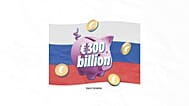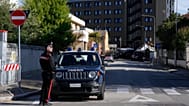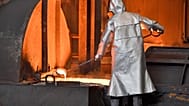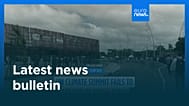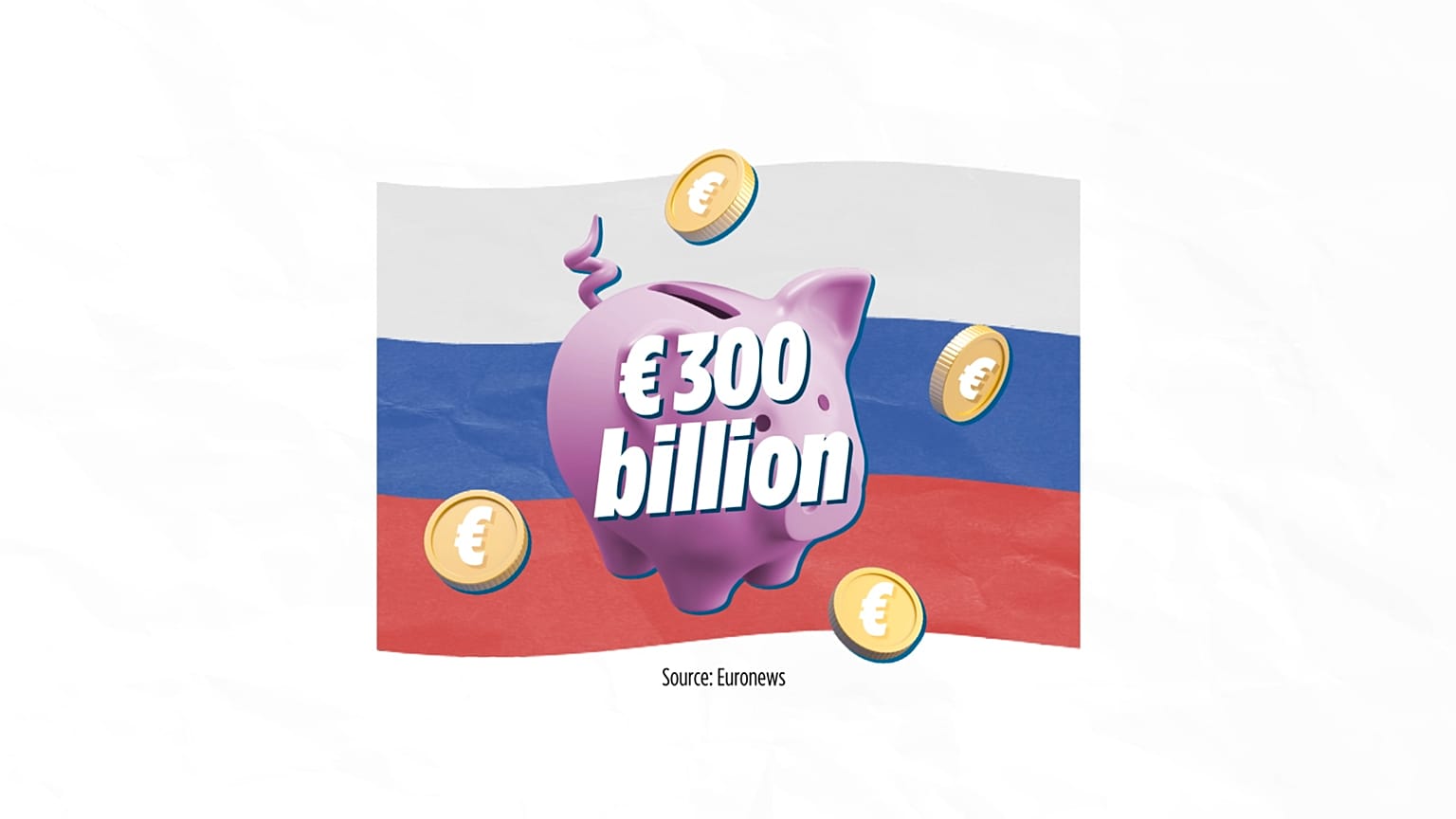"You don't have the cards" — that is what US President Donald Trump told his Ukrainian counterpart Volodymyr Zelenskyy earlier this year. But Brussels thought it held an ace: the frozen Russian assets. Now, the 28-point US peace plan has called out Europe’s hand.
The pot is massive: An estimated €300 billion in Russian Central Bank assets are frozen across the G7 countries.
The vast majority — to the tune of €185 billion — is locked here in Belgium by Euroclear, a securities depository.
Brussels planned to use the Russian frozen assets to issue an unprecedented reparations loan for Ukraine. But the US plan flips the script with a controversial proposal: unblock the funds and split them into two investment vehicles.
The first fund would be intended for Ukraine's reconstruction. $100 billion of the frozen assets would be deployed, and Europe would have to front another $100 billion of its own cash. The catch? The US takes 50% of the profits.
The second pot would be used for a US-Russian joint venture. The rest of the money would be invested in projects for Moscow. Far from paying reparations for attacking its neighbour, the Kremlin is to be rewarded with a commercial opportunity.
The result? Moscow gets a win, Washington flips a profit, and Europe loses its main leverage. Brussels is not at the table — and it may end up reduced to a spectator with a very expensive bill to pay.
Watch the Euronews video in the player above for the full story.

